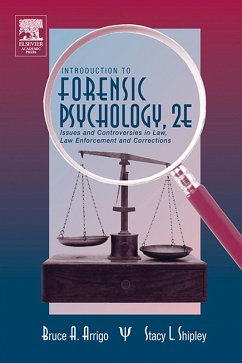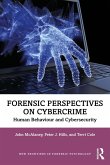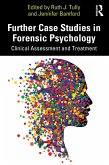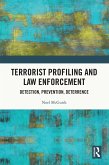The text thoughtfully explores a wide range of adult, juvenile, family, and community themes of interest to students, practitioners, and administrators. New to the Second Edition is a chapter on international criminal forensic psychology, and sections on assessing psychiatric work-related disability, termination of parental rights, counseling prison populations, malingering, crisis intervention in prisons/jails, and child custody evaluations. Suitable as a primary text for courses on psychology and criminal justice, the book may also serve as a reference tool for practicing forensic psychologists.
*Provides an integrative approach provides a more comprehensive understanding of the relevant material
* Focus on police, court and corrections introduces students to how psychologists are important to the criminal justice system
* Presents "cutting edge" issues that prepares students to interpret those issues at the forefront of the field
* Presents a breadth of material accessible to students from which they can consider more intelligently their own career options
* Case illustrations throughout points to the practical need to understand the material
* Incorporates over 35% new material
Dieser Download kann aus rechtlichen Gründen nur mit Rechnungsadresse in A, B, BG, CY, CZ, D, DK, EW, E, FIN, F, GR, HR, H, IRL, I, LT, L, LR, M, NL, PL, P, R, S, SLO, SK ausgeliefert werden.









